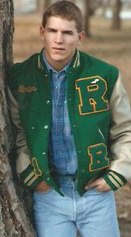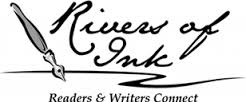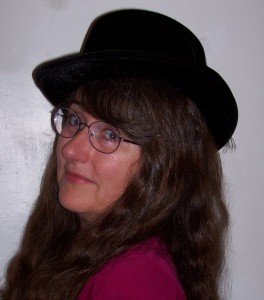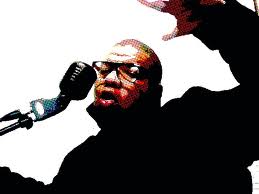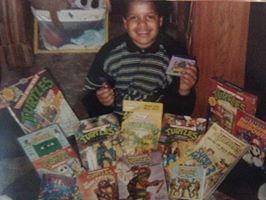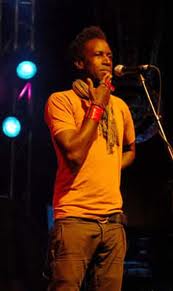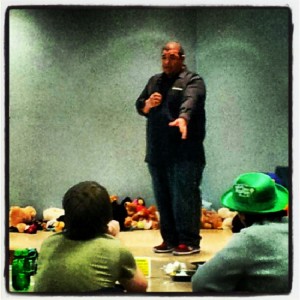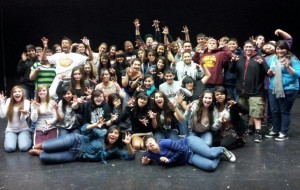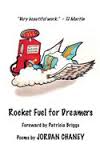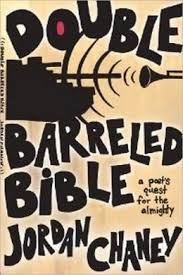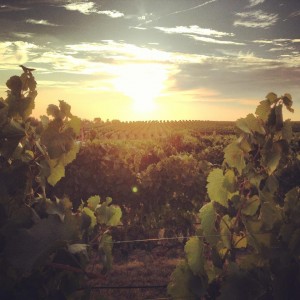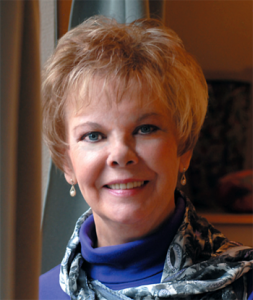Candi L. Norman, who writes under the pen name C.L. Norman, definitely has a love of books and is fortunate enough to work in our local bookstore. But I wanted to get to know the how and why of her fantasy writing.
 ME: What was the first book you ever remember reading on your own, and which book gave you the idea of some day writing your own books?
ME: What was the first book you ever remember reading on your own, and which book gave you the idea of some day writing your own books?
CANDI: Dr. Seuss’s One Fish, Two Fish, Red Fish, Blue Fish although my mom always said it was Green Eggs & Ham. I remember being fascinated by the guys who had to get their hair cut every day. (It’s so funny what particular detail in a story will capture a kid’s interest. Haircuts. Who knew?)
The book that gave me the idea of some day writing my own was never published. I loved books but I was intimidated by the idea of writing one. I mean only exotic people with lots of worldly experience can write these wonderful inventions called books, right? (Yes, that’s pretty much how we all regarded authors until we got published ourselves.)
Then my close friend in middle school showed me the rough draft of the first book in a trilogy she’d written. Wow! It was as good as anything I could pick up in the library and it was written by a girl in middle school. A girl like me. She wasn’t “old” or from some far off place where exciting things happened. That was when I knew I could write a book too.
(Now that you’re published, I hope you get her to see her own project through.)
ME: Have you always lived here in the Tri-Cities? Please describe your childhood and the role that books played in your life. (I would love to post a picture of you as a child.)
CANDI: I was born and raised here in the Tri-Cities, as were both of my parents. I come from a family described as ‘his, hers, and ours’ by my mother. I have five sisters and two brothers and I am the third oldest. I was also the reader in the family. Everyone made fun of me because I had my nose in a book at family gatherings and vacations. (Sounds familiar.) My uncles made a point of teasing me (and tickling me) just so that I would surface long enough to say hi.
My big brother loved to grab the book I was currently reading and remove the bookmark or close it, hoping I would lose my place in it. I learned to memorize the page number. As I grew older, I found that two of my grandmothers and my dad were readers too. At that point, I loved to listen to them talk about books. They read different genres than I do but I adore listening to people I love talk about the books they love. It provides a glimpse into their soul that nothing else does. (Very true.)
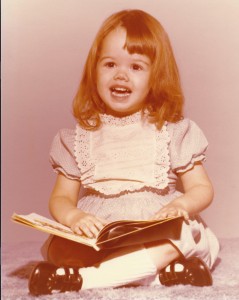 (Candi at 2 and already looking at books)
(Candi at 2 and already looking at books)
ME: How old were you when you first realized you were good at writing, and which individual(s) in your life provided your strongest encouragement?
CANDI: I am still waiting to realize I am good at writing. I am still shocked when someone gushes about my stories. I keep working at it and hoping to get better with every word I write. (And that is exactly what will make you better and better.)
My big brother, Brian, was one of the first to encourage me to write. He said, “You should write a book. You read enough books you ought to know how to write a good one.” That might not seem like much but if Brian saw potential in you and pointed it out, you paid attention.
All of my friends are very encouraging, in particular my friends Shairylann and Veronica. (Hmm…I wonder if this is the Veronica I know.) They are both so very honest with me that when they admire my writing I can’t help but believe it. They are also very analytical and questioning which helps a ton when it comes to filling in the blanks in my stories.
Finally, the first time I shared my writing professionally was at a writer’s workshop at MisCon in Missoula, MT. I wrote a short story, Dragonslayers Anonymous, and turned it in to be critiqued by professional authors. Patricia Briggs was one of the authors who read my short story and she had a lot of good things to say about it. Since then she has encouraged me in my writing every time she sees me. Her husband even promised to build me a display case for my first print book. (How generous and what a terrific idea!)
ME: Why fantasy?
CANDI: Why not fantasy? I look at the fantasy genre as a door to almost every other genre out there. I can set a romance or a mystery or a horror story against a backdrop of the mystical. There are so many things I can do within the fantasy genre that I get excited at the possibilities.
ME: Have you pursued any degrees having to do with writing? How important is the formal study of literature or writing, in your opinion, in an author’s career?
CANDI: I have a degree in Social Sciences with an emphasis on English and History. Before I pursued that degree I was a drama major. (Now that’s key, in my opinion. I’ve found that so many great writers have a background in theatre.) While neither are directly for writing both have given me some insight into the process of creating characters and plot. (Agreed!)
In my opinion, a formal study of literature or writing is not necessary. Reading is where it’s at. Reading in your genre, reading other genres, reading non-fiction; this is how one learns about writing. I think that a degree in anything else will give a writer a sandbox to build ideas from. A college education gives you a lot of opportunity to people watch and exposure to new ideas which are also great things for a writer. But reading and reading a lot is where it’s at.
ME: Tell us a bit about the short stories that make up your anthology, IN DREAMS. How do they differ and how are they alike? Is there a common or recurring theme in your writing and, if so, how would you describe it?
CANDI: Oh no, I’m back in English class. (LOL. I had to include at least one uncomfortable question to keep you on your toes.) I don’t write with a look to theme or mood or any of those words they use in literature classes. I write about characters in bad situations and then I kick them when they are down. IN DREAMS is a collection of the first five short stories I have shared with the world.
Dragonslayers Anonymous is the result of a writing prompt; describe your last day on the job. From that I came up with John St. George, an aging dragonslayer located in the Pacific Northwest, who is ready to retire but when a dragon attacks he can’t turn his back. Survive to Eat is a result of an open call for an anthology. It is my attempt at a gladiator story. It also covers the back story of a major character in a novel I am working on.
(Oh, goody. You are working on a novel. But these stories sound great too!)
Most of the stories in the anthology were inspired by nightmares I’ve had. Wolves in the Mist features a monster from a recurring nightmare I had as a young child. It is also the most horrific of my stories. Off the Path is about a young boy whose only influence is a man of extremely questionable morals and unusual appetites. Finally, Empty is about a character who is so lonely that it begins to affect his sanity.
The one similarity between the short stories in this collection is in the ending. None of them have happy endings with no strings attached. Every one of these endings is costly and the characters are scarred from what has happened.
ME: Please tell us about your writing process in some detail and describe your favorite place to write. (I must have a picture of that place, whether it’s out in nature or inside your home.)
CANDI: For me, it starts with a character in a situation. Once I have that, I sit down and start to write from the beginning. As I move through the story, I can see further and further ahead. When I pass the halfway point I begin to get an idea of the end. I keep pushing forward until I reach the end. Once the first draft is done, I make one more quick sweep through and then send it out to my beta readers to read. Once I hear back from them, I fix problems they point out if I strongly agree that it is a problem that needs fixed. Once that pass is done, the story is done.
I write in a recliner in my living room with a laptop. (I believe you’re the second author I’ve interviewed who writes in a recliner.) I frequently have music on or the TV running some background noise while I write. While I like the idea of an office, I hate being cut off from the rest of the family, stuck in a room away from everyone else. I prefer to write where I can listen to the rest of the family as they go about their day.
(Candi’s recliner in the family room)
ME: Tell us about your full-length novel. Does this mean you’re leaving short stories behind, or are you sticking to the form and why? Now that Alice Munro has won the Nobel Prize for Literature, do you think the short story will become more popular again?
 (Nobel Prize winner Alice Munro)
(Nobel Prize winner Alice Munro)
CANDI: I definitely have plans for a full-length novel. I started with short stories to teach myself things about writing and about the business of writing. I will most likely continue to produce short fiction on occasion but I have always aimed to write novels.
I think the short story is already on the rise. Ebooks allow for more variety in the length of stories. I think really cool things are happening in fiction because of that and readers are responding. (I definitely agree.)
ME: Finally, tell us about Rivers of Ink and how you came to be involved in this annual local writing conference?
CANDI: Rivers of Ink is a local conference for writers that started off as a means to connect local writers with readers. Over the years, due to feedback from participants, it has become a venue for writers to learn from writers about the craft and business. It has no genre or format boundaries either. Poetry, fiction, and non-fiction of various lengths are all a part of this conference.
I became involved by volunteering to set up chairs and show people to their seats. By the time that first conference rolled around, I was scheduled as a panelist and things rolled on from there. Unfortunately, I was unable to participate this year but I hope to again be a part of it in 2014.
(Me too, as long as I’m still living here.)
If you want to know more about Candi and her writing, check out her website and her FB page. Her anthology of short stories, IN DREAMS, is available in ebook form on Barnes & Noble, Amazon, and Smashwords.
Next Wednesday I’ll be talking with time travel author, Jeanette Bennett. Let’s hope you’re all on time!
Originally posted 2013-10-16 06:00:04.

